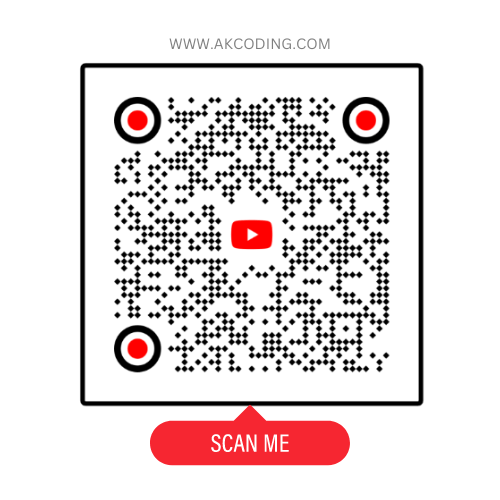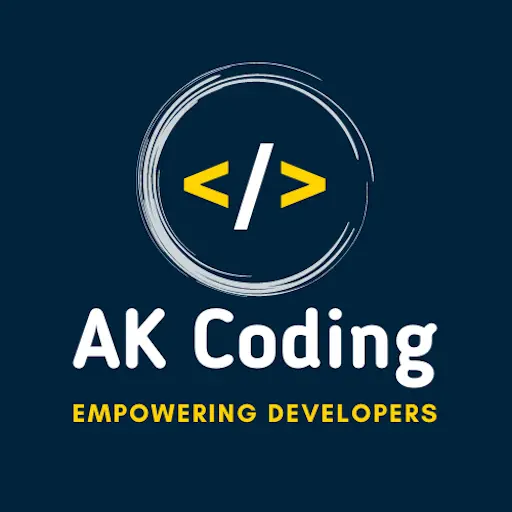
React Native Tutorial
Why React Native? Build Once, Run Anywhere!
In today’s fast-paced digital world, businesses and developers are constantly looking for ways to build mobile apps faster and more efficiently. React Native has emerged as a game-changer by allowing developers to create high-performance mobile applications for both iOS and Android using a single codebase. Whether you’re a beginner stepping into mobile development or an experienced web developer exploring cross-platform solutions, this React Native tutorial will guide you through everything you need to know—from setup to building real-world applications. Let’s dive in and start building amazing mobile experiences! 🚀
Table of Contents
Introduction
- Overview of React Native
- Benefits of using React Native for mobile app development
- What to expect from this tutorial series
1. Getting Started with React Native
- Introduction to React Native
- Setting up the development environment
- Installing Node.js and npm
- Installing React Native CLI or Expo CLI
- Setting up Android Studio and Xcode
- Creating your first React Native app
- Running the app on Android and iOS emulators
2. Understanding React Native Components
- What are components?
- Functional vs. Class components
- Creating and using custom components
- Component lifecycle methods
- State and props
- Managing state with useState and useEffect hooks
- Passing data with props
3. Styling in React Native
- Basic styling concepts
- Using the StyleSheet API
- Flexbox for layout
- Flexbox properties and layout patterns
- Platform-specific styles
- Responsive design in React Native
4. Handling Navigation
- Introduction to navigation in React Native
- Setting up React Navigation
- Installing React Navigation library
- Configuring navigation container
- Types of navigation
- Stack navigation
- Tab navigation
- Drawer navigation
- Passing parameters between screens
5. State Management
- Local state management with hooks
- Introduction to global state management
- Using Context API for state management
- Introduction to Redux
- Setting up Redux in a React Native project
- Creating actions, reducers, and store
- Connecting components to the Redux store
6. Networking and Data Fetching
- Fetching data from APIs using fetch and Axios
- Handling asynchronous operations with async/await
- Managing API calls and responses
- Loading states
- Error handling
- Using libraries like React Query for data fetching
7. Working with Local Data
- AsyncStorage for simple local storage
- Using SQLite for complex local data management
- Introduction to Realm for real-time data handling
8. Handling Forms and User Input
- Creating and styling input fields
- Managing form state
- Validating user input
- Using libraries like Formik and Yup for form handling
9. Animations and Gestures
- Introduction to animations in React Native
- Using the Animated API
- Creating simple and complex animations
- Handling gestures with React Native Gesture Handler and Reanimated
10. Using Native Modules
- Introduction to native modules
- Linking native modules to a React Native project
- Creating custom native modules
- Using community libraries for accessing native features
11. Testing and Debugging
- Writing unit tests with Jest and React Native Testing Library
- End-to-end testing with Detox
- Debugging techniques and tools
- Using React Native Debugger
- Debugging with Flipper
- Common debugging scenarios and solutions
12. Performance Optimization
- Identifying performance bottlenecks
- Optimizing rendering with PureComponent and React.memo
- Using useMemo and useCallback hooks for optimization
- Lazy loading components
- Monitoring and profiling app performance
13. Deploying React Native Apps
- Preparing your app for production
- Building and signing APKs for Android
- Building and signing IPAs for iOS
- Using services like Expo for easier deployment
- Submitting apps to Google Play Store and Apple App Store
14. Advanced Topics
- Handling deep linking in React Native
- Integrating push notifications
- Using TypeScript with React Native
- Introduction to React Native for Web
- Working with advanced navigation patterns
15. Real-World Projects
- Building a real-world project from scratch
- Project planning and setup
- Implementing core features
- Testing and optimizing the project
- Deploying the project
Conclusion
- Recap of key concepts learned
- Additional resources for further learning
- Encouragement to continue building and experimenting with React Native
This outline covers a comprehensive range of topics to take a learner from the basics to advanced concepts in React Native, providing a solid foundation for building mobile applications.
Read other awesome articles in Medium.com or in akcoding’s posts.
OR
Join us on YouTube Channel
OR Scan the QR Code to Directly open the Channel 👉

